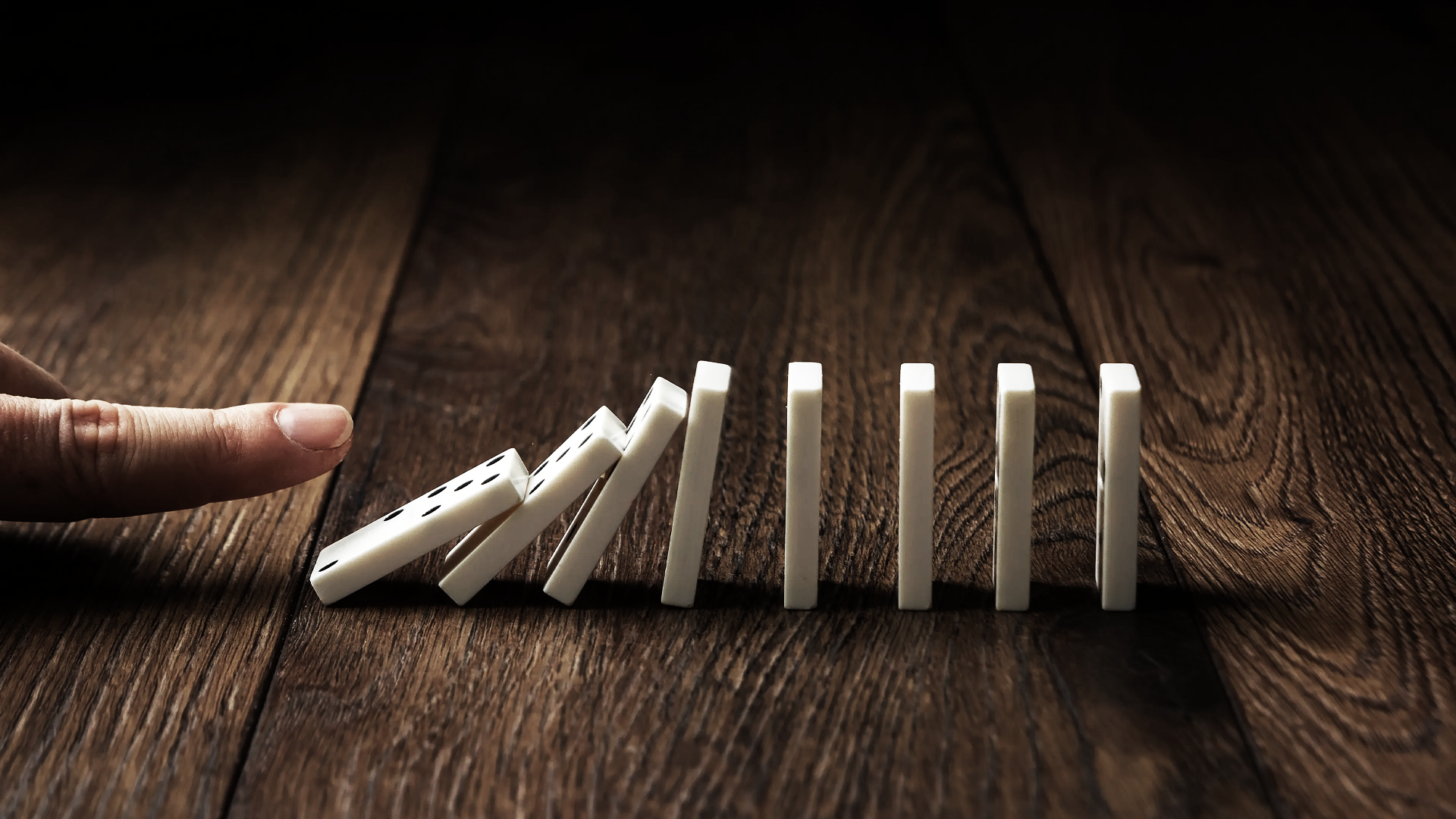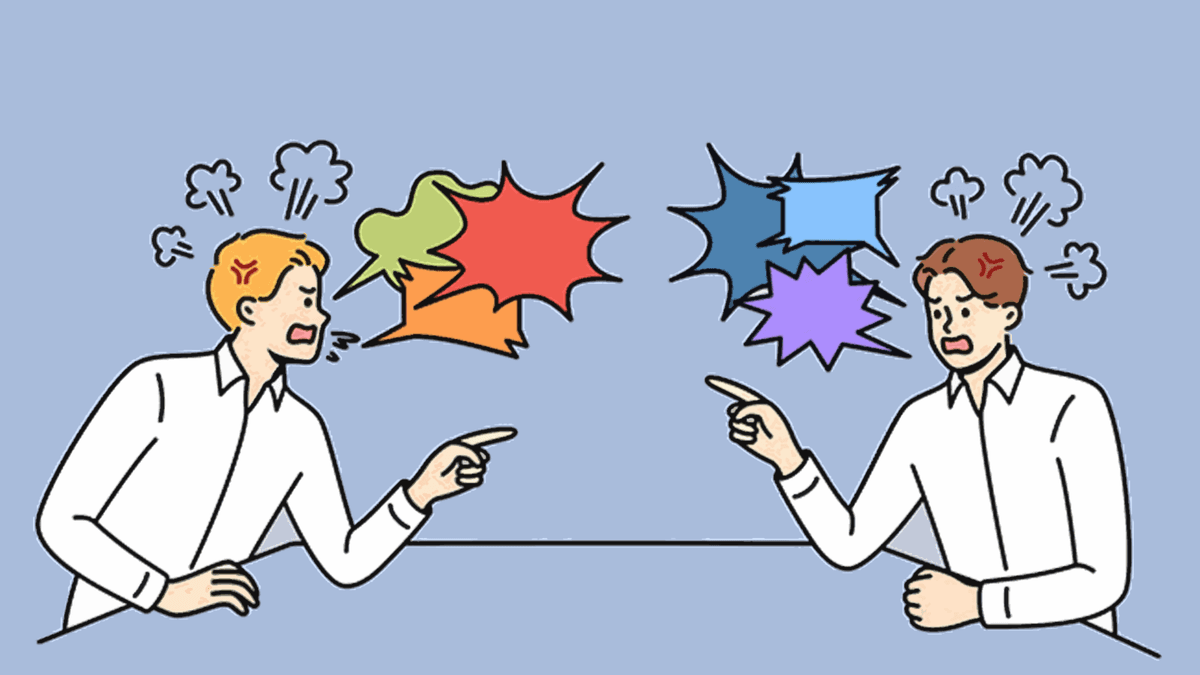Cause & Effect, Consequences, and Decision Making

Understanding how one thing leads to another is a big part of growing up.
The Dive
Every time we make a choice, something happens next. That’s called cause and effect. The cause is what we do. The effect is what happens because of it. If you forget your lunch at home, the effect might be that you feel hungry at school. If you remember it, the effect is that you stay full and focused.
Thinking about cause and effect helps us plan ahead. For example, if you know it might rain, you can decide to wear a raincoat. That’s using your brain like a detective—looking for clues and predicting what might happen next. It helps you solve problems before they even start!
Stories, science, and real life are full of cause and effect. In books, characters do things and deal with the results. In science, we test causes and measure effects to learn how the world works. Even in friendship, if you say something kind, the effect might be a smile—or a new bestie!
One way to find cause and effect is to look for clue words like 'because,' 'so,' 'if,' and 'then.' These words help us figure out why something happened. If you read 'She missed the bus because she woke up late,' you already found the cause (waking up late) and the effect (missing the bus).
Understanding cause and effect helps us make better decisions. If we know that playing too late might make us tired tomorrow, we can decide to stop early. That’s not just being smart—it’s being wise.
Want to get even better at this? Try spotting cause and effect in your favorite stories or your everyday life. Ask yourself: What just happened? Why did it happen? What might happen next? When you ask those questions, you’re building a powerful thinking skill that will help you in school, at home, and everywhere else.
Why It Matters
Knowing how one thing leads to another helps us understand the world better. Whether it’s in a story, a science experiment, or a decision at recess, cause and effect is everywhere. Learning to spot it and think about it helps us grow into great thinkers who can make smart, kind, and safe choices.
?
Can you think of a time when something happened because of a choice you made?
How do stories in books use cause and effect to help the plot move forward?
Why is it helpful to think ahead about what might happen before you do something?
How can understanding consequences help you be a better friend or classmate?
What happens if we ignore the effects of our actions?
Dig Deeper
Learn how to identify and understand cause and effect relationships. Identifying cause and effect in texts is an important reading strategy as it helps the reader to understand the events that are happening. It helps them understand what’s happening and why it’s happening.
Related

What Is Logic and Critical Thinking? Learning to Think for Yourself
Have you ever asked, 'Wait, does that really make sense?' Then you’ve used critical thinking! Learn what logic is, how to ask smart questions, and how to use your brain like a superhero detective.

Constructing Rebuttals: The Art of Respectful Disagreement
A strong rebuttal isn’t about being louder, it’s about being smarter. Learn how to listen closely, spot weak points, and respond with logic, respect, and confidence.

Deductive vs. Inductive Reasoning: How Our Brains Figure Things Out
Ever feel like a detective trying to figure something out? That’s your brain using logic! Deductive and inductive reasoning help you make smart guesses, solve problems, and convince others with facts.
Further Reading
Stay curious!
